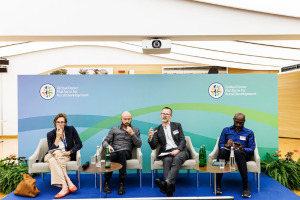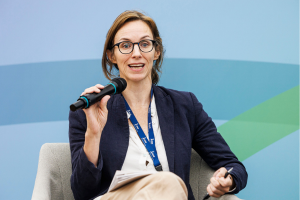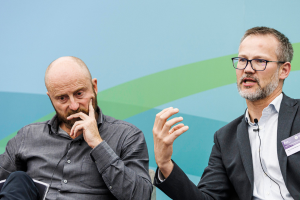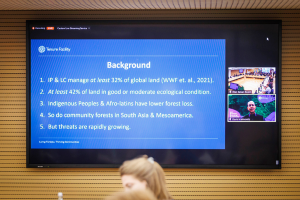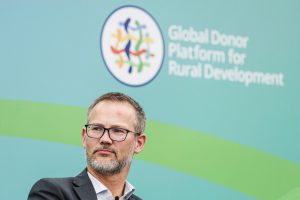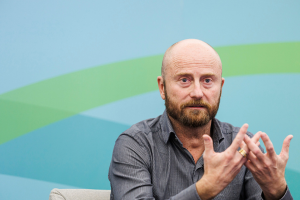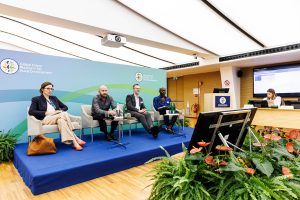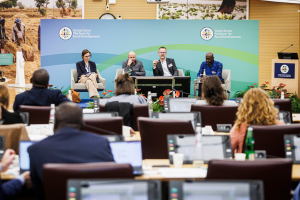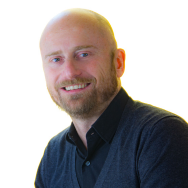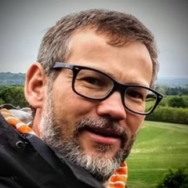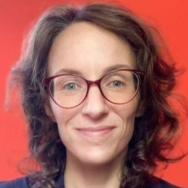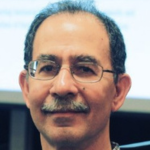Thursday 26 October 2023 | 17:00 – 18:30 (CET) | IFAD HQ, Rome, Italy and Zoom
Land governance tools and approaches in support of climate action
Panel
Moderator
Henry Bonsu
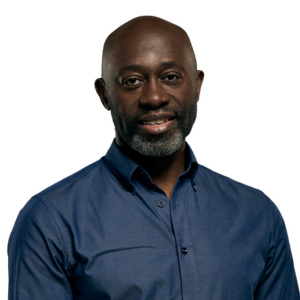
Journalist and Broadcaster
Session 2 – Land governance tools and approaches in support of climate action
Session by the Global Donor Working Group on Land
Background
Land is one of the most valuable resources for a rural family to secure their livelihood: a large part of the world’s population depends on having secure access to land for their food production and income. Without secure land tenure, families and communities in rural, peri-urban and urban areas are vulnerable to displacement, expropriation, conflict, and may experience a variety of challenges to access housing, food, financial resources, markets, etc.
Over the past decades, land governance has emerged as an important topic within the field of rural and urban development. The adoption of the UN Voluntary Guidelines of the Responsible Governance of Tenure of Land, Fisheries and Forests in 2012 contributed to creating momentum and pushing for tenure issues to be prominently integrated in development efforts, while also being taken up by a wide group of donors, civil society organizations, research institutes and private sector stakeholders.
Over the years, the realization has emerged that land governance is a crucial precondition for addressing a range of Sustainable Development Goals (SDG’s), including food and nutrition security, economic development, and peace and stability. Meanwhile, crises are increasing in both number and severity, and therefore the need for solidly integrating land governance in developments tools and solutions continues to be highly relevant.
| Agenda | |
|---|---|
| 17:00 – 17:05 | Welcome and introduction. Henry Bonsu, Moderator |
| 17:05 – 17:20 | Setting the scene: Integration of IP and local communities’ land tenure rights into climate strategies and programming – David Kaimowitz, The International Land and Forest Tenure Facility |
| 17:20 – 17:35 | Progress of the IP and local communities’ Forest Tenure Donor Pledge at UNFCCC – Chris Penrose-Buckley, Senior Land Policy Lead, Foreign, Commonwealth & Development Office (FCDO) |
| 17:35 – 17:55 | Land within the SDG indicators – Ward Anseeuw, Senior Land Tenure Officer, Food and Agriculture Organization of the United Nations (FAO) – Eva Hershaw, Global Data and Land Monitoring Lead, International Land Coalition (ILC) |
| 17:55 – 18:25 | Panel discussion and Q&A |
| 18:25 – 18:35 | Conclusion |
Rationale
Zooming in on one of the most pressing issues the world is facing today, climate change and the biodiversity crisis, this session proposes to illustrate how integrating land governance tools and approaches can support climate action and contribute to reaching SDG13. Speakers in this session, including representatives from donors and civil society organizations, will illustrate – using concrete examples – how land governance has strengthened their climate programming and how addressing tenure issues has supported reaching climate goals.
Particular attention will be given to how SDG indicators can be adapted to better integrate climate and collective land rights, including Indigenous Peoples and local communities. Ongoing efforts by FAO, the Convention on Biological Diversity (CBD), the UN Convention to Combat Desertification (UNCCD), and the International Land Coalition (ILC) to reflect on the SDG indicators will be presented. Further, Tenure Facility will present on the integration of Indigenous Peoples and local communities’ land tenure rights in climate strategies and programming. Finally, experiences and progress regarding the Indigenous Peoples and Local Communities (IPLC) Forest Tenure Donor Pledge at UNFCCC COP 26 will be discussed.
Objectives
This session will provide inspiration and ideas for future projects and programming. The audience will be invited to join the discussion and brainstorm, by bringing in their own experiences and sharing examples of the synergies and interlinkages between climate action and land governance.
The session seeks to address the following:
Expected outcomes
At the end of the session, participants are expected to:
AGA 2023 photos: ©IFAD/Flavio Ianniello

